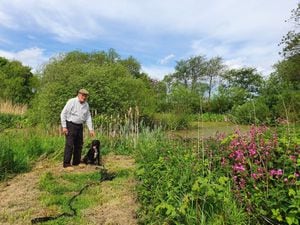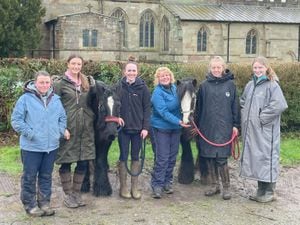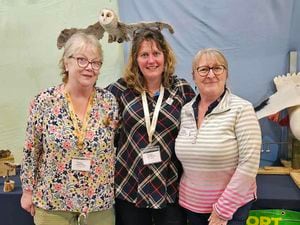New scheme needs to tempt farmers
The new Environmental Land Management Scheme is due to replace direct payments and Countryside Stewardship.

Once direct payments are phased out by 2028, ELMS will be the main source of alternative funding to BPS and Countryside Stewardship.
The core concept of ELMS is paying farmers and land managers “public money” to deliver environmental “public goods.”
While the focus of ELMS is on environmental outcomes, the Agriculture Bill states that when designing schemes, such as ELMS, DEFRA must consider “the need to encourage the production of food by producers in England, and its production by them in an environmentally sustainable way.”
The Government must recognise that food production will not be sustained unless the payments are encouraging enough for farmers to take up the scheme.
We have seen the limited uptake of Mid Tier whole farm schemes and this will be the same unless the options are relevant and encourage suitable environmental options.
Therefore, the delivery of environmental “public goods” (or environmental benefits) under ELMS must be able to co-exist with sustainable agricultural production and may indeed enhance agricultural productivity through, for example, improved soil management.
With the removal of direct payments by 2028, a change in mindset will be needed to recognise that the delivery of environmental “public goods” under ELMS is an essential part of the available toolbox.
Jenny Layton Mills, McCartneys, Knighton





